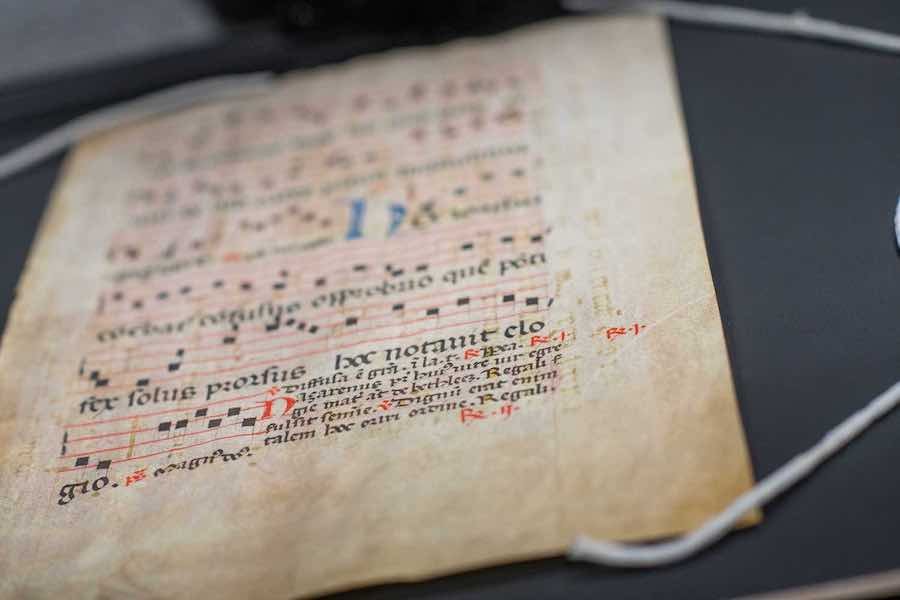British Archaeological Association
PostGraduate Online Conference
29 November 2023, 12:30-17:35pm GMT/ 7:30AM-12:35PM ET
On Zoom
We are excited to present a diverse conference which includes postgraduates and early career researchers in the fields of medieval history of art, architecture, and archaeology. The British Archaeological Association postgraduate conference offers an opportunity for research students at all levels from universities across the UK and abroad to present their research and exchange ideas.
Use this link to register for the conference.
Conference Programme
Wednesday 29th November 2022
12:30 pm (GMT) Welcome
Panel 1: Approaches to Overlooked Elements in Medieval and Early Modern Art and Architecture
12.40 – 14.30 pm (GMT)
Bryony Wilde (University of Warwick, UK), ‘Decoding Medieval Roof Bosses’
Mats Dijkdrent (Université catholique de Louvain, Belgium), ‘Medieval Commentaries on Aristotle’s Ethics as a lieu for Architectural Thinking’
Nils Hausmann (University of Cologne, Germany), ‘Naming and Meaning – On the Survival and Reuse of Early and High Medieval Book Cases’
Sophia Feist (University of Cambridge, UK), ‘Extravagant Violations and Visual Tropes: Lucas Cranach the Elder’s Semiotic use of Dress in the Budapest Martyrdom of Saint Catherine’
14.30 – 14.45 pm (GMT) – Break
Panel 2: Intersections of Materiality and Identity: Unpacking the Medieval Landscape and Space
14.45 – 16.05 pm (GMT)
Theodore Muscillo (Independent Researcher), ‘Jugs, mugs and aquamaniles: pottery and networks on the east coast of England, 1250-1500’
Sercan Batum (Middle East Technical University, Turkey), ‘Christianization of Urban Topography in Late Antique Histria’
Eleanor Townsend (University of Oxford, UK), ‘‘All the werkemanship and masonry crafte of a frounte Innying to the Awter of our lady’: the problem of the Jesse reredos in St Cuthbert’s, Wells’
16.05 pm – 16.15 pm (GMT) – Break
Panel 3: Stones and Stories: Interrogating the Art and Gender Dynamics in Religious Commemoration Across Medieval Europe
16.15 pm – 17.25 pm (GMT)
Nicola Lowe (Independent Researcher), ‘Tears at the Graveside’
Philip Muijtjens (University of Cambridge, UK), ‘Tombs as Sensory Experiences in Fifteenth-Century Italy’
Arica Roberts (University of Reading, UK), ‘Gender in Early Medieval Stones and Stone Sculpture in Wales c. 410-1150 CE’
5:35 pm (GMT) Closing remarks




















